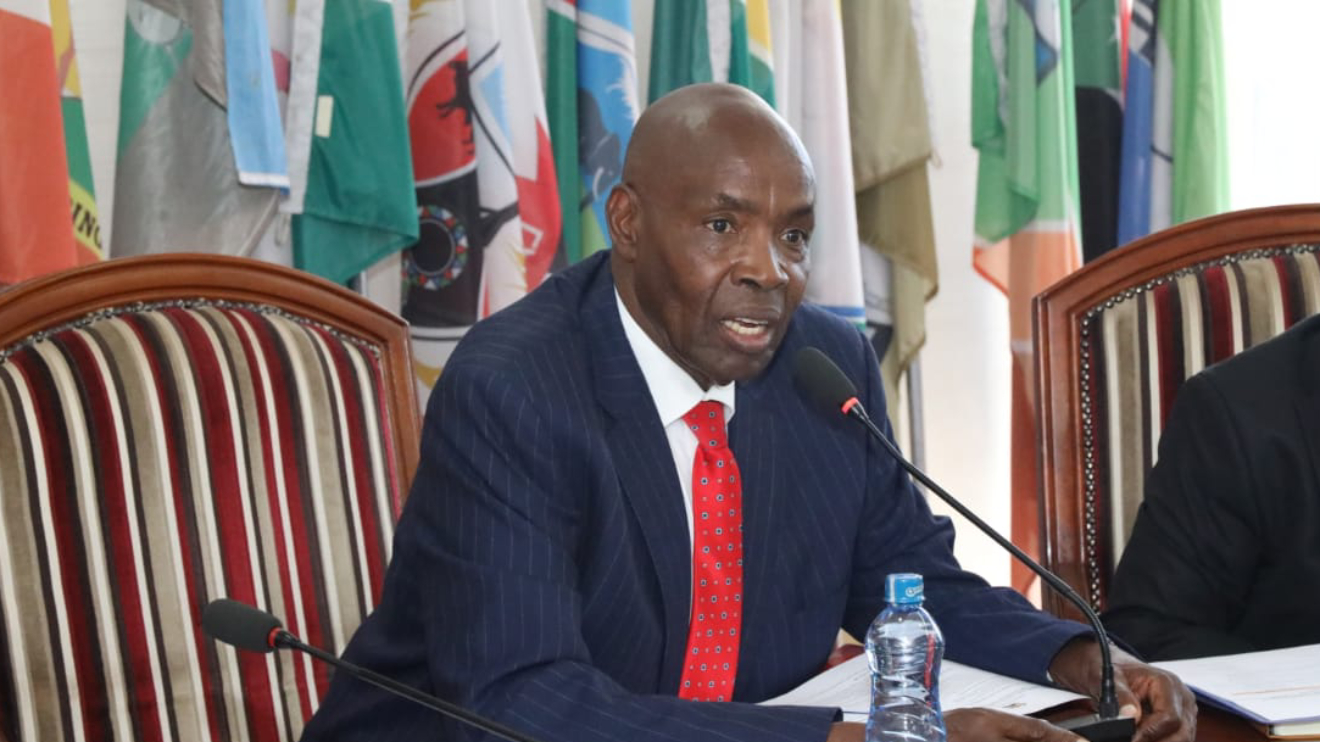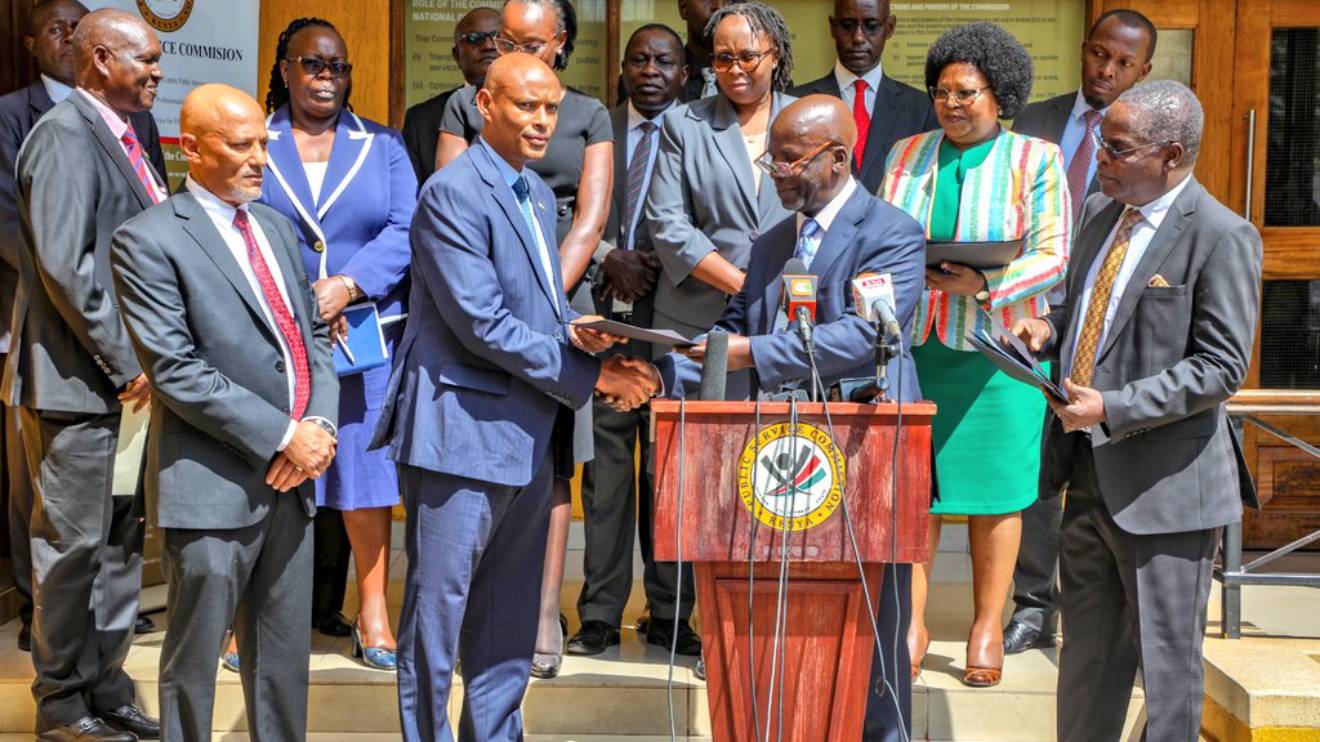The Ministry of Education in Kenya has introduced a revolutionary revision to the KCSE grading system with the objective of significantly boosting the number of students pursuing tertiary education.
The announcement by Education Cabinet Secretary Ezekiel Machogu has brought about a dramatic shift in the prerequisites for KCSE candidates, opening up opportunities for a broader spectrum of subjects and facilitating entry into higher education.
In an official statement, CS Machogu declared, "Effective this year, only two mandatory subjects will be required for computing the mean grade."
This statement marks an important departure from the previous norm, where students were obliged to undertake a more rigid set of five mandatory subjects spread across three distinct cluster groups.
The previous requirements encompassed Mathematics, English, Kiswahili, two sciences, and one humanity.
Read More
Under the new grading system, students will only be obligated to excel in two subjects: Mathematics and one language, which may include English, Kiswahili, or Kenyan Sign Language.
This simplified approach is expected to provide students with greater flexibility in their choice of subjects and tailor their educational paths to their individual interests and aptitudes.
"In addition to the two mandatory subjects," Machogu emphasized.
"The Kenya National Examinations Council will consider any other five best."
This flexibility in subject selection not only broadens students' horizons but also enables them to showcase their talents and strengths in a more diverse range of disciplines.
Machogu also disclosed that a comprehensive review of the minimum entry requirements for pre-service teacher education is currently underway.
This review pertains specifically to the Diploma in Primary Teacher Education (DPTE) and Diploma in Early Childhood Teacher Education (DECTE) programs.
The teacher training curriculum is set to evolve, with a focus on ensuring that teacher trainees are admitted based on revised subject cluster requirements and grades.
This initiative aims to equip educators with a well-rounded skill set that meets the evolving needs of Kenya's education system.
The introduction of this new grading system reflects a significant shift in Kenya's approach to secondary education and tertiary admission.
By simplifying the requirements and encouraging a broader range of subject choices, the Ministry of Education hopes to empower students to explore their passions, improve educational outcomes, and pave the way for more young Kenyans to access tertiary education.
These changes have the potential to reshape the landscape of education in Kenya, fostering a more diverse and dynamic learning environment for the nation's youth.



-1708960848.jpeg)






-1714232911.jpeg)

